Low pricing,

High Voltage!
Your manufacturer and supplier in Europe of hybrid heat pumps, all electric-ready heat pumps, all electric heat pumps, inverters, home batteries and (flexible) solar panels. With a variety of high-quality and energy-saving solar systems.
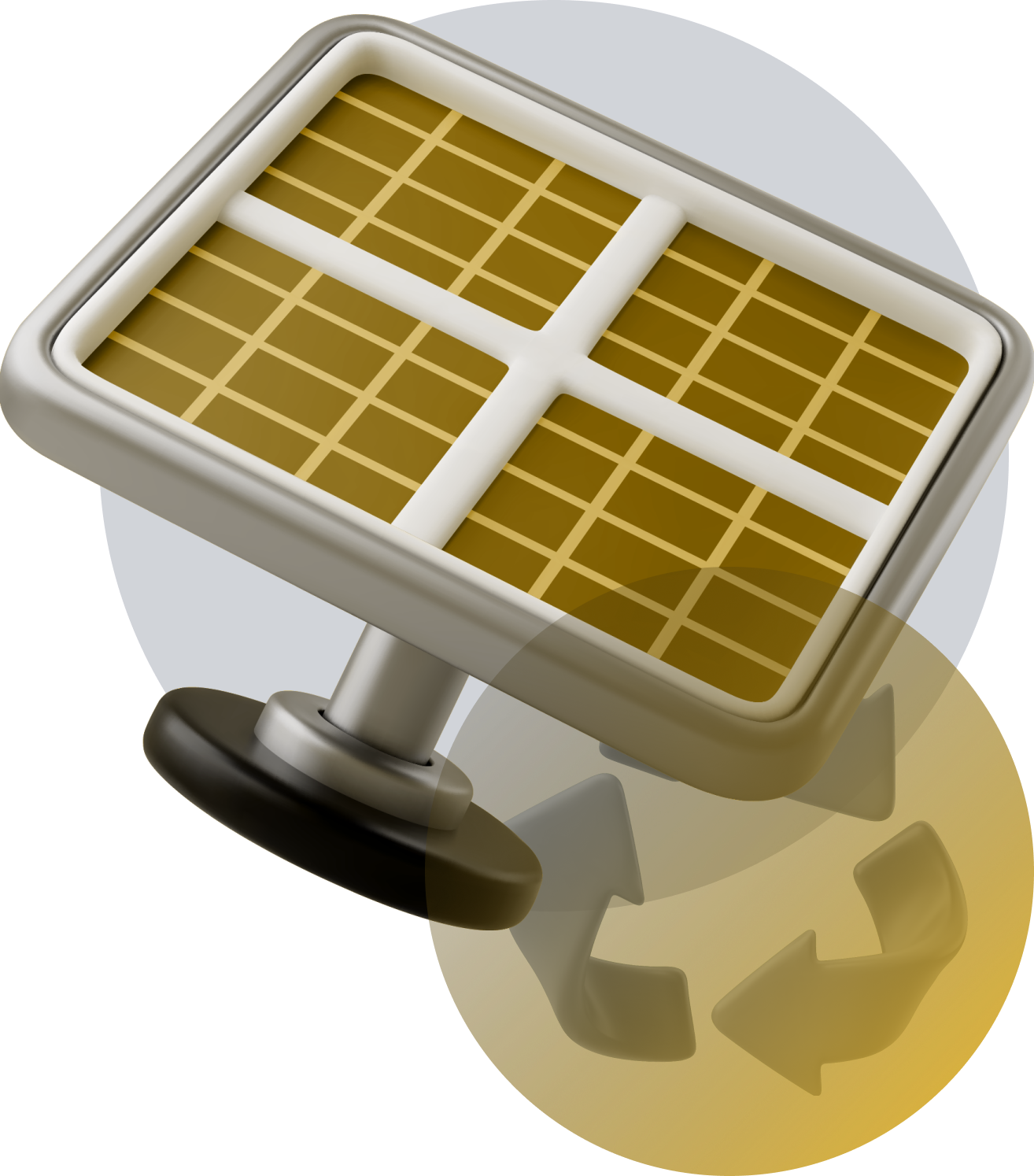



- Leading manufacturer
At Lowbolt we can proudly say that we are a leading supplier of high-quality…
read more
- European certified
Our products are manufactured using high-quality materials…
read more
- Wide range of products
We offer a wide range of products with which you can fully supply your customers with sustainable energy…
read more
Our products
Inverters
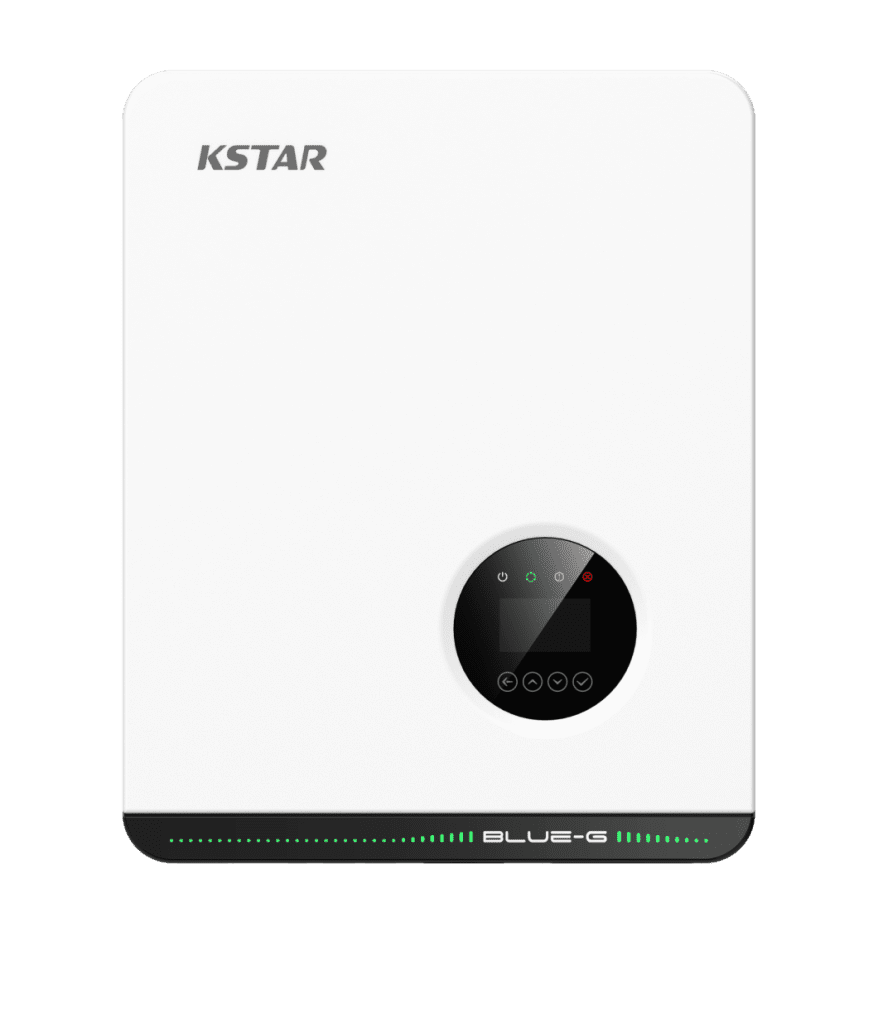
- Ensures maximum production of solar panels.
- Energy can be stored in our storage batteries.
- Inverters in all shapes and sizes. We have an inverter available for every project.
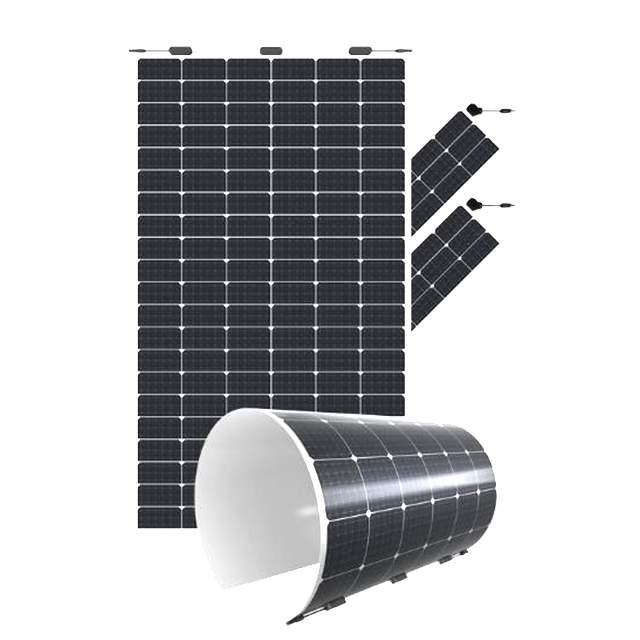
- Flexible solar panel with a weight of 5.7KG.
- An investment that pays for itself.
- Increases the value of a home or building.
- Ideal for complicated projects.
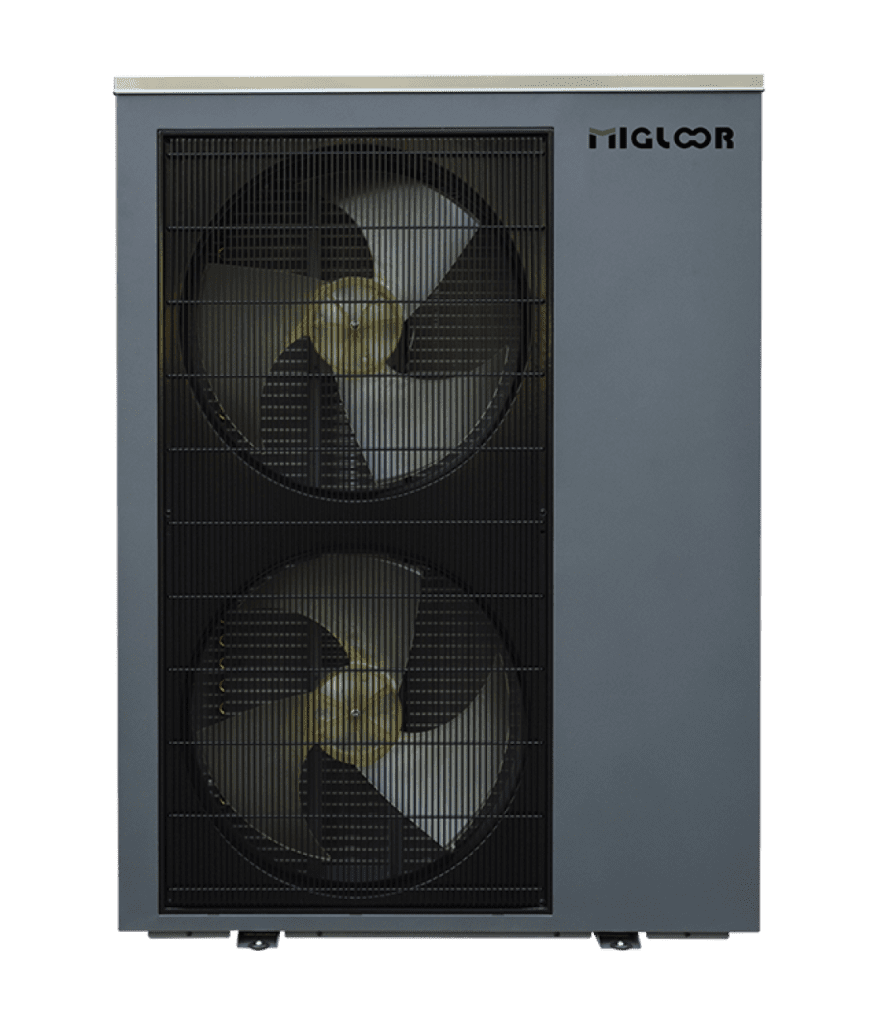
- We proudly introduce our hybrid, all-electric-ready & all-electric heat pumps.
- Refrigerant R32 and R290 available in different models.
- Fully certified and subsidized.
- Own branding options.
- Energy label A+++
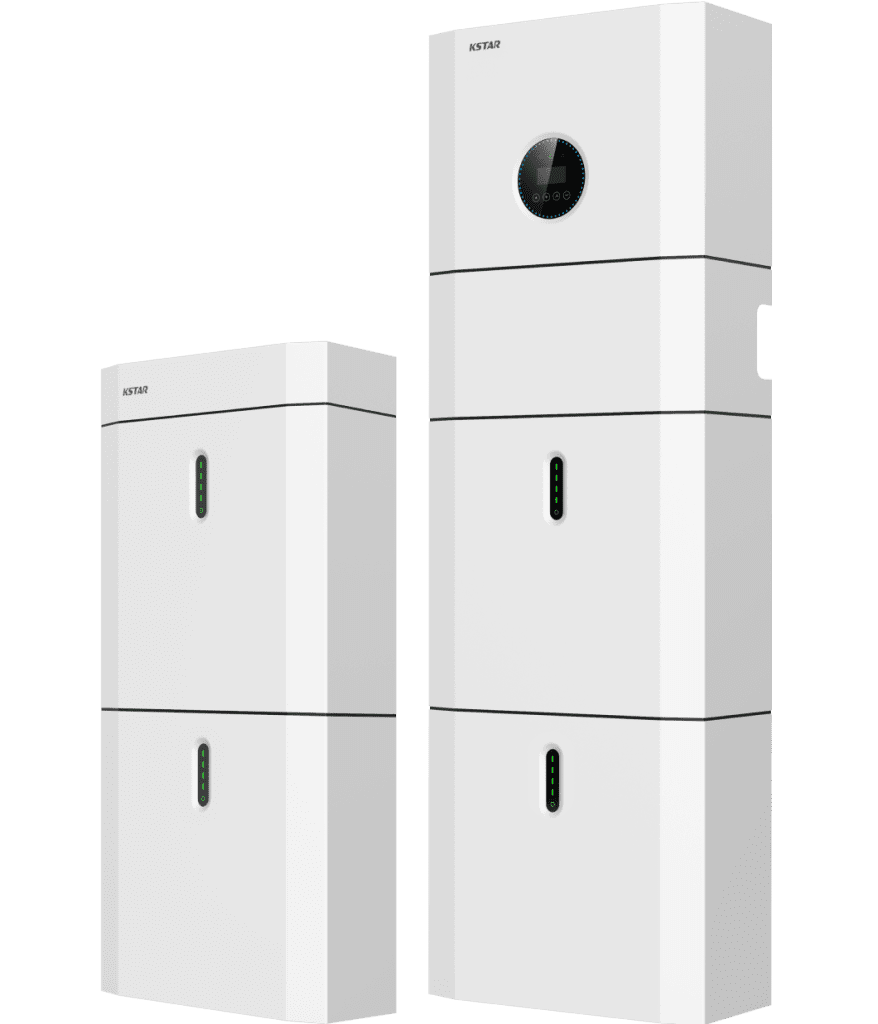
- Helps save on the customer's gas consumption.
- Store the energy generated and use it when necessary.
- Easy installation & maintenance friendly.
- Makes the customer self-sufficient.

Renewable energy
Sustainable energy, also known as renewable energy, is the cornerstone of our efforts to create a sustainable and environmentally friendly energy future. These forms of energy generation use natural resources that are inexhaustible and have little to no negative impact on the environment. Unlike traditional energy sources, such as fossil fuels, which contribute to air pollution and climate change, sustainable energy offers a range of benefits that benefit the global community and the planet as a whole.



About us
Lowbolt is a leading manufacturer and supplier of high-quality sustainable energy solutions for distributors and installers. We offer a wide range of reliable products, including hybrid, all electric-ready & all electric heat pumps, storage batteries, (flexible) solar panels and inverters, that meet the needs of the renewable energy market.
Lowbolt works closely with several manufacturers and suppliers in the field of sustainable energy technology. These collaborations enable us to offer an extensive range of products to distributors and installers. By joining forces, we can deliver reliable and advanced solutions that meet the highest quality standards.
Contact us today and discover how Lowbolt can support your business in delivering high-quality sustainable energy solutions to your customers.
Frequently asked
to ask
Yes, all our heat pumps are on the government subsidy list.
You can find the code of the products you have installed on the ISDE reporting code list, which you need when applying for your subsidy.
We will of course provide you with our ISDE reporting codes.
Yes, this is possible by integrating a system of photovoltaic panels.
These panels supply the electricity required for the operation of the heat pump. By combining these two renewable energy sources, namely photovoltaic solar energy and aerothermal energy, we achieve optimal energy efficiency.
This allows us to fully meet all the thermal needs of a house at no extra cost, as the solar panels generate the necessary electrical energy to run the heat pump.
Heat pumps are reversible systems that can both heat and cool. In winter, they extract heat from the outside air, ground or groundwater to heat a house through heat transfer and compression.
In summer, the same heat pump can be reversed, removing heat from the house and dissipating it outside, resulting in a lower indoor temperature.
This versatility makes heat pumps efficient HVAC systems, especially in temperate climates. Using heat pumps for both heating and cooling can lead to energy savings and lower costs compared to other systems.
The savings with a heat pump depend on various factors, such as the type of heat pump (air-air, air-water, ground/water), the energy efficiency measured in SEER and COP values, the existing heating system, energy prices in the region, house insulation , and usage patterns.
Ground source heat pumps are generally more efficient but more expensive to install. Switching from an inefficient heating system can provide significant savings, especially if electricity is expensive. A well-insulated home with efficient windows and doors increases savings.
Usage patterns, such as lower settings in winter and higher in summer, help maximize savings.
In general, households with an energy efficient heat pump and reduced energy consumption can achieve significant savings, but a professional energy audit is essential to assess the specific savings potential and make an informed decision on the type of heat pump and expected savings.
Aerothermal energy, also known as air-to-water heat pumps, can be installed in various types of homes, including new construction homes, existing homes, apartments, rental properties and commercial buildings.
In new-build homes, they can be designed from the start for optimal energy efficiency.
For existing homes it is important to ensure sufficient insulation and efficiency.
Aerothermal heat pumps are suitable for both tenants and landlords, where they can contribute to cost savings for tenants and increase the value of the home for landlords. They can also be used in commercial buildings such as offices, shops and restaurants.
The efficiency of aerothermal systems depends in part on local climate conditions, and it is recommended to obtain a professional energy audit and advice from an HVAC expert to determine whether an aerothermal system is suitable for a specific home or building.
The use of the refrigerant R290 in aerothermal systems offers significant benefits, such as increased energy efficiency, reduced direct emissions and energy savings.
R290, derived from crude oil, is a natural and environmentally friendly gas with minimal impact on the environment compared to other refrigerants.
The economic benefits of R290 come from low condensation temperatures and thermodynamic properties that optimize energy efficiency.
In addition, R290 is used in compressors with a lower displacement volume, which allows it to achieve cooling capacities comparable to gases such as R134a and R124yf, resulting in an increase in the efficiency of commercial refrigeration systems.
Solar panels are generally suitable for various roof types, with installation depending on the type of roof covering and the specific characteristics of the roof.
Flexible solar panels offer more installation options and fit a wider range of roofs than traditional panels. They are suitable for sloping roofs with roof tiles or metal roofing, flat roofs, metal roofs, and roofs with bitumen or EPDM.
Flexible panels can even be adapted to unusual roof shapes and angles. However, it is important to consider possible structural adjustments and local regulations, and it is wise to consult a professional solar installer for a suitability assessment and advice on installation methods and regulations.
Batteries supplement a solar panel system by storing excess electricity generated when the solar panels produce more energy than is currently needed.
These batteries store electricity through a charging process, where the energy is converted into chemical energy in the battery cells.
At times when the solar panels are not producing enough electricity, such as in the evening or at night, the stored energy from the batteries is released to cover power consumption, making the solar panel system more efficient and reliable.
Installing an electric vehicle charging station at home offers several benefits, including convenient charging at any time, cost savings through cheaper electricity rates and special rates for EV owners, avoiding waiting times at public charging stations, faster charging speeds and flexibility in adapting to specific needs .
In addition, home charging stations typically require little maintenance, have a long lifespan and can charge during off-peak hours to reduce energy costs.
The environment also benefits, as electric vehicles are generally more environmentally friendly, and home charging facilitates the use of green energy sources.
A home charging station provides independence from limited public charging infrastructure and improves the overall experience of owning and using an electric vehicle.
Installation time for heat pump and solar panel systems varies based on factors such as project complexity, system size, material availability, labor, weather conditions and installer experience.
For solar panel systems, a small residential system can usually be installed in 1 to 3 days, while larger residential or commercial systems can take several days to weeks.
The installation includes mounting panels, cabling, inverters and connection to the electricity grid.
For heat pumps, installation time varies from 1 to 3 days for air-to-air systems to possibly several weeks for ground-based or hybrid systems, depending on complexity and adjustments to the existing HVAC installation.
The process includes installation of indoor and outdoor units, pipe connections and system commissioning. Factors such as permits, weather conditions and additional work can influence installation time.
The maintenance of heat pumps, solar panels, inverters, home batteries and so on is crucial for their efficient operation and lifespan.
For heat pumps it is important to regularly remove dust and dirt, replace air filters on time and carry out professional service annually.
Solar panels require periodic cleaning, damage checking and professional inspections.
Inverters should be regularly checked for proper operation and ventilation, and if problems occur, a professional should be called in.
For home batteries, it is essential to store them in a suitable location, monitor charge and discharge cycles, and have periodic inspections performed.
Charging stations require regular cleaning of cables and connections, checking for correct operation and stable power supply to prevent electronic damage.
Periodic professional maintenance is recommended for healthy operation of these sustainable energy systems.
Yes, it is often possible to connect a heat pump to existing radiators in a heating system.
However, suitability depends on factors such as the type of heat pump, the condition of the radiators and the sizing of the system.
Air to water heat pumps are usually best suited for integration with existing radiators, as they can produce hot water that can flow through the radiators. Evaluation of the capacity and heat output of the radiators, sizing of the heat pump, possible hydraulic adjustments and additions of temperature control are important considerations.
Working with an experienced HVAC professional is essential to determine feasibility and best approach for a specific situation. With careful planning and adjustments, heat pumps can work efficiently with existing radiators.

Visiting address (by appointment):
Vlaardingweg 62,
3044CK Rotterdam,
the Netherlands
Lowbolt, a Logidon company
Official Icybay partner
To ask?
Would you like to obtain more information about our products or know how we can help you and your customers with the best energy solutions?
Contact us using the form below.
Our specialists will gladly assist you!





